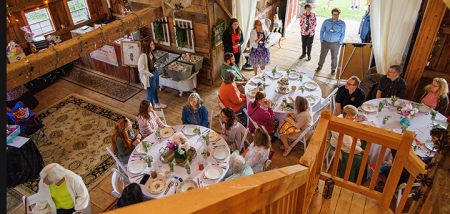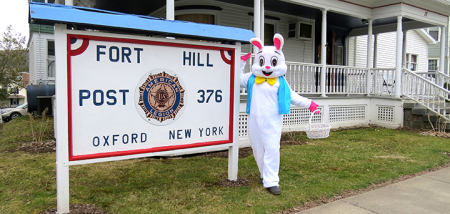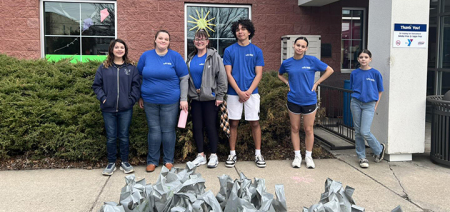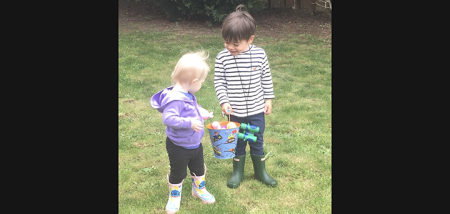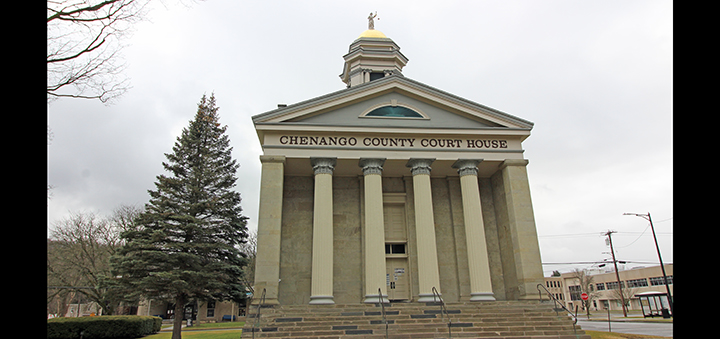Oh, Canada!
Published:
November 3rd, 2011
By:
Shelly Reuben

My sister just called to remind me that “the eleventh hour of the eleventh day of the eleventh month” is coming up. That date, which marks the Armistice at the end of World War I, is observed in Canada as Remembrance Day.
“So,” she said, pinning me down about an earlier promise I had made, “When are you going to write that article about our veterans?”
Now is as good a time as any. And long overdue.
Why? Because my mother was born in Canada. Because her five brothers and my Aunt Esther served during World War II. Because my Uncle Harry’s ship, the Athabaska, was torpedoed by the Germans and he became a prisoner of war. Because my Uncle Moe was a Grenadier Guard. Because my sister, Linda, and brother-in-law, Paul, live in Ottawa and took me to the Canadian War Museum. And because written in Morse code across that building’s somber façade are the soul stirring words, “Lest we forget.”
One soldier I never want to forget is my uncle, Sgt. Samuel Moses (“Mo”) Hurwitz. During World War II, he was the most highly decorated non-commissioned member of the Royal Canadian Grenadier Guards.
After the outbreak of the war (1939 for Canadians), Uncle Moe enlisted. He was twenty years old, a great athlete, and so talented a hockey player that he was drafted by the Boston Bruins. He turned them down, though. Getting rid of fascism and the Nazis, he felt, was more important than playing for the NHL.
When he got to Europe, Moe’s actions as a tank commander were the stuff of which legends are made. Sgt. Hurwitz was awarded the Military Medal for “extraordinary heroism and leadership” during the epic Battle for the Falaise Road. In a little over ten minutes, Moe and 15 grenadier guards “destroyed 11 German anti-tank guns, including six 88’s, and forced two others to withdraw. (They) also killed at least 15 Germans, captured 31 others, and opened a kilometer-wide gap in the German front line.”
On September 20, 1944, Moe earned the Distinguished Conduct Medal. “Armed with only a pistol and accompanied by two Guardsmen, Hurwitz personally attacked two German machine guns and captured 25 enemy soldiers. He later helped knock out another 88 mm anti-tank gun. In all, the little force took 150 prisoners.”
Moe died as heroically as he had lived. On October 24, 1944, “Hurwitz’ last stand began with a radio message that he was surrounded by enemy infantry and anti-tank weapons on all sides.” According to the official regimental history of the Grenadier Guards, “Sgt. Samuel Moses Hurwitz, DCM, MM, severely wounded, died in enemy hands. Lost to the Regiment was its most purposeful and persistent soldier whose deeds of gallant leadership were to be an inspiration to those who succeeded him in the battles that were to follow.”
Reminiscences have been penned about my heroic uncle. Newspaper articles have been written. Speeches have been made. To this day, the Canadian Grenadier Guards Association awards the “Hurwitz Cup” every year to its out-standing young Army Cadet. I could go on and on and on.
But I won’t. Instead, I am going to suggest that you point your car north and spend a day at the Canadian War Museum. The minute you walk through the doors, you will realize that you’ve left the world of moral equivalency (where everybody is equally bad) behind. Sidle up to any exhibition, and the good guys shine. The Axis nations – Germany, Japan, and Italy – were the foe. They wanted to destroy us and the liberty that we represent. We did not let them. Simple as that. And by “we” I mean North Americans. I mean the warriors of Canada and The United States.
Speaking of whom, every Memorial Day, our Veterans of the Foreign Wars distribute millions of paper poppies in honor of our disabled veterans. This tradition (I bet you didn’t know) originated, not in the United States, but up above the 49th Parallel. Lieutenant Colonel John McCrae, a Canadian artillery commander during World War I, witnessed the death of a friend. Grief stricken, he wrote “In Flanders Field.” The last stanza of the poem reads:
If ye break faith with us who die
We shall not sleep, though poppies grow
In Flanders fields.
The first time I heard that poem, it moved me to tears. I had not learned it is school. I had not known that it was written by a Canadian. I had not known that the paper poppies I’d been wearing on Memorial Day for years and years and years originated from the solemn lines of that poem.
Oh. And one more thing. When you make your four-hour drive to Ottawa, part of your route will take you along the Veteran’s Memorial Highway. The signs to the side of that road reiterate the words written in Morse code along the façade of the Canadian War Museum.
Lest we forget.
Shelly Reuben has been nominated for Edgar, Prometheus, and Falcon awards. She is an author, private detective, and fire investigator. For more about her books, visit www.shellyreuben.com.
Copyright © 2011, Shelly Reuben
Author: Shelly Reuben - More From This Author
Comments
